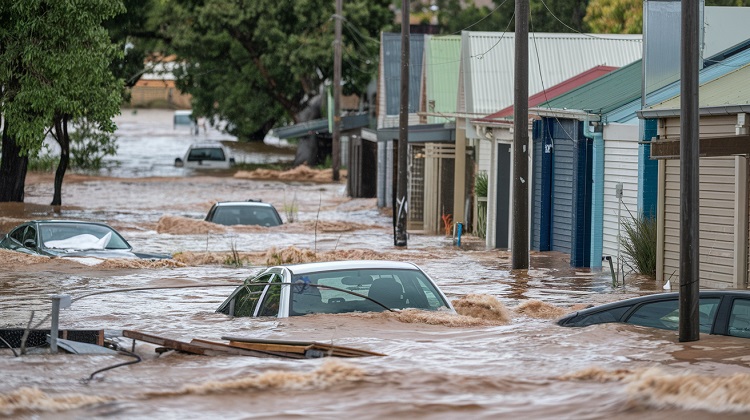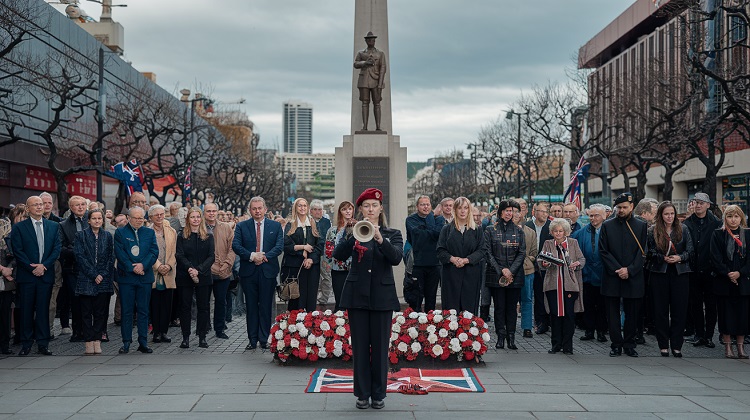The UK and US have carried out joint attacks on Houthi military targets in Yemen for the second time, US officials have said.
US And UK Unleash Devastating Airstrikes On Houthi Rebels
The recent joint airstrikes conducted by the United States and the United Kingdom against the Houthi rebels in Yemen have ignited a significant debate and raised several crucial questions. As tensions escalate in the region, the implications of these devastating attacks on the already volatile situation remain uncertain.
With both nations justifying their actions as necessary measures to defend against potential threats, the international community awaits further developments and their potential impact on the ongoing conflict. The repercussions of these airstrikes, both on the ground and in diplomatic circles, are yet to be fully understood, leaving many eager to see how this situation unfolds.
Key Takeaways
- The airstrikes were conducted in self-defense and to disrupt and degrade Houthi capabilities, with the aim of preventing attacks on ships in the Red Sea.
- US and UK military officials deemed the airstrikes proportionate and necessary, citing Houthi destabilizing and illegal activities as the reason for the strikes.
- The airstrikes were successful, with impacts reported in all eight targeted locations. The UK joined the airstrikes for the second time in 10 days, with the Ministry of Defence involved in hitting multiple targets.
- The Houthi response included accusing the UK and US of protecting perpetrators of genocide in Gaza, while also claiming that the airstrikes would increase the determination of the Yemeni people.
Background of the Airstrikes
The background of the airstrikes on Houthi rebels in Yemen reveals the self-defense and disruptive motives behind the military action taken by the US and UK. These airstrikes were carried out in response to the Houthi rebels’ destabilizing and illegal activities, which posed a threat to regional security.
The primary aim of the airstrikes was to prevent attacks on ships in the Red Sea, which the rebels had targeted, regardless of their relationship to Israel. US and UK military officials justified the bombing as proportionate and necessary, highlighting the need to degrade the Houthi capabilities.
The airstrikes resulted in successful impacts in all eight locations. This military action reflects the international community’s commitment to counter Houthi aggression and protect vital shipping routes.
Details of the Airstrikes
Against the backdrop of the self-defense and disruptive motives behind the airstrikes on Houthi rebels in Yemen, it is crucial to delve into the details of the military action taken by the US and UK.
The airstrikes marked the eighth round of US attacks against Houthi targets in Yemen. Reports indicate successful impacts in all eight locations targeted. Additionally, the UK joined the airstrikes for the second time in 10 days, with the UK Ministry of Defence involved in hitting multiple targets at two military sites. The involvement of both countries highlights their commitment to preventing Houthi attacks on ships in the Red Sea and degrading their capabilities.
Houthi Response and Accusations
In response to the airstrikes carried out by the US and UK on Houthi rebels, the Houthi spokesperson claimed that the bombings would only strengthen the determination of the Yemeni people. The spokesperson accused the UK and US of protecting perpetrators of genocide in Gaza, further escalating the rhetoric.
Notably, there was no briefing given to UK Labour leader, Keir Starmer, or Commons speaker, Sir Lindsay Hoyle, which has drawn criticism. It is important to note that the Houthi rebels are backed by Iran and have disrupted the global commercial shipping route.
The airstrikes were carried out as part of international cooperation, with a call between UK Chancellor Rishi Sunak and US President Joe Biden preceding the attacks. The joint Pentagon statement supported the military action, with the participation of Australia, Bahrain, Canada, the UK, and the Netherlands.
International Cooperation and Discussions
International coordination and diplomatic efforts played a crucial role in shaping the discussions surrounding the recent airstrikes on Houthi rebels by the US and UK. Prior to the airstrikes, there was a call between UK Chancellor Rishi Sunak and US President Joe Biden, during which they discussed the need to further disrupt and degrade Houthi capabilities. This conversation laid the groundwork for the joint military action that followed.
Additionally, a joint statement was issued by the Pentagon, along with Australia, Bahrain, Canada, the UK, and the Netherlands, expressing support for the airstrikes. It is worth noting that the UK’s involvement in the latest strikes appeared to be smaller in scale compared to previous actions. International cooperation and discussions have been instrumental in ensuring a unified approach to addressing the threat posed by the Houthi rebels in Yemen.
Albion News is a great place to find informative, up-to-date news articles. We provide a wide range of unique articles that offer an interesting perspective on current events from around the world and from various different sources. You can easily search for the topics that matter most to you and explore in-depth pieces that provide insight into the issues and important debates occurring today. Albion News helps you stay informed with carefully researched and credible stories!







